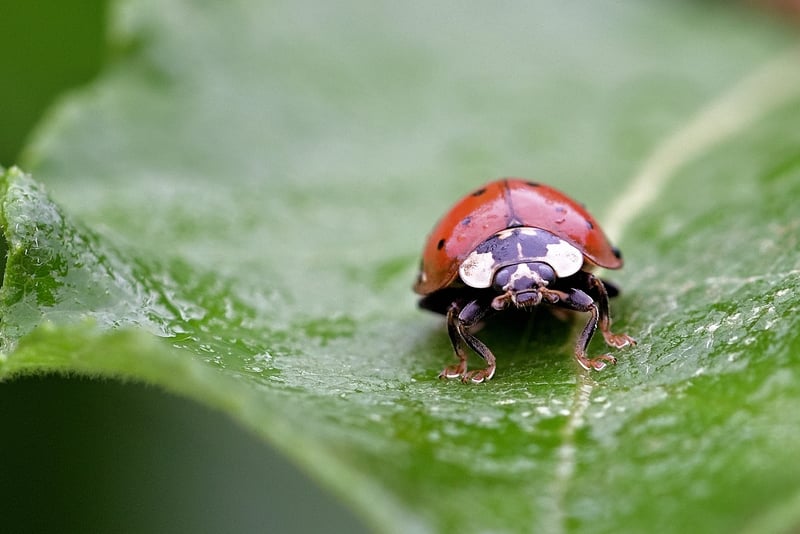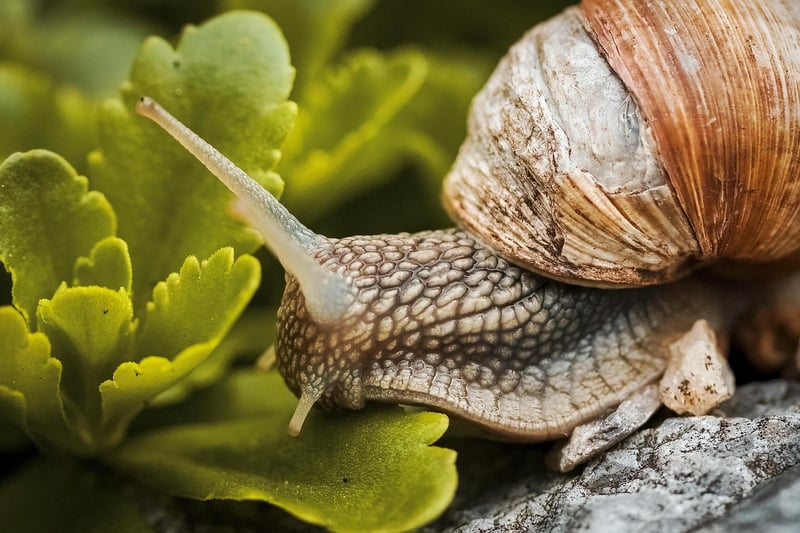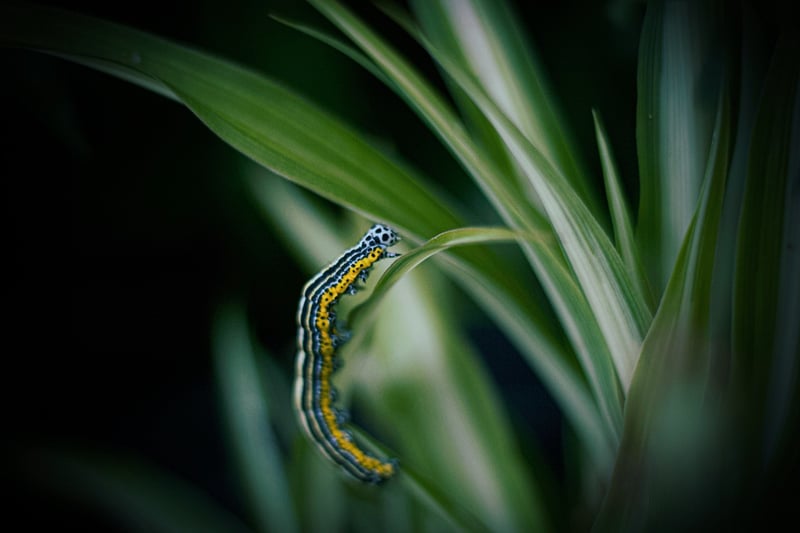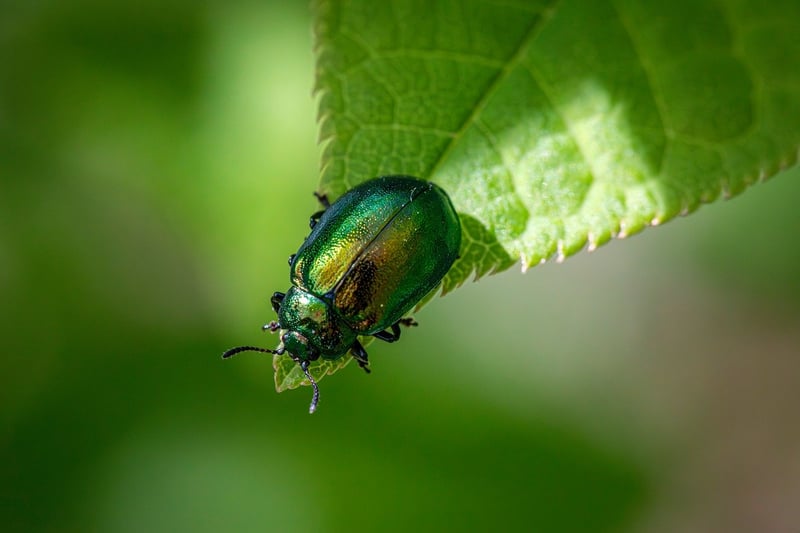Common Garden Pests
Managing Pests in Urban Gardens
Introduction
Urban gardening has become increasingly popular, allowing city dwellers to grow their own fresh produce and beautify their surroundings. However, one of the challenges urban gardeners face is managing pests that can damage their plants. In this article, we will explore some common garden pests and provide tips on how to effectively manage them in urban garden settings.
Common Garden Pests
1. Aphids
Aphids are small insects that feed on plant sap, causing leaves to curl and distort. They reproduce quickly, so it's essential to control them early on. To manage aphids, try spraying plants with a mixture of water and dish soap or introducing natural predators like ladybugs.

2. Slugs and Snails
Slugs and snails are common garden pests that feed on young seedlings and leaves, leaving behind holes and slime trails. To deter them, consider using barriers like copper tape around plant beds or setting up beer traps to lure and drown them.

3. Caterpillars
Caterpillars can quickly defoliate plants if left unchecked. Handpick them off your plants or use organic sprays like neem oil to repel them. Planting companion plants like marigolds can also help deter caterpillars.

Effective Pest Management Tips
- Encourage beneficial insects like ladybugs, lacewings, and parasitic wasps that feed on garden pests.
- Practice crop rotation to disrupt pest life cycles and reduce infestations.
- Maintain good garden hygiene by removing debris and weeds that can harbor pests.
- Use physical barriers like row covers to protect plants from pests.
- Consider using organic pesticides as a last resort, ensuring they are safe for beneficial insects and the environment.
By implementing these pest management strategies, urban gardeners can protect their plants from common pests and enjoy a thriving garden in the city.
